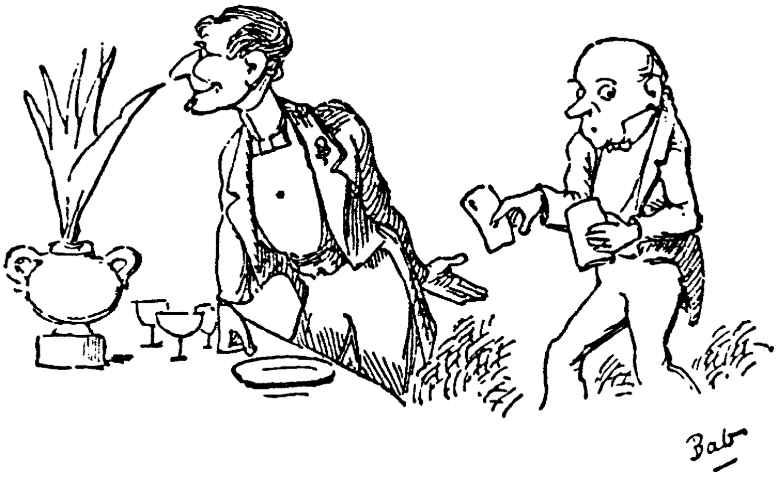 The Duke of Plaza-Toro accepting money, 1890. Photo: wikimedia commons
The Duke of Plaza-Toro accepting money, 1890. Photo: wikimedia commons
A politics based on anti-corruption obscures class and tends to benefit one side. It’s not the left, argues Reuben Bard-Rosenberg
Across much of the world, the rise of the far-right seems to be supported by a two-step process.
Firstly, liberals and conservatives place “anti-corruption” at the centre of politics. And secondly, the far right hegemonise that impulse.
A particularly direct example is Brazil. Here, the mainstream conservatives used fraudulent corruption charges to put Lula out of action, and more generally used the spectre of corruption to give the anti-left reaction its cutting edge. And yet the ultimate beneficiaries were not the conservatives who put in the leg work, but Bolsonaro.
In Eastern Europe, parties like Jobbik and Fidesz have made the most of a political environment in which “anti-corruption” looms very large in both official and anti-status quo politics (due, in part, to the decimation of social democracy and its association with cliques of ex-nomenklatura).
In the Philippines, Duerte has made anti-corruption a key part of his ticket, as has Modi. In Thailand, the Yellow Shirts have developed a politics of middle class, anti-populist Monarchism. Their concept of corruption encapsulates both genuine issues with the billionaire president they deposed, but also the direction of subsidies to the impoverished countryside, which they saw as “buying votes”.
It is not surprising that the politics of “anti-corruption” appeals to liberals. It allows them to push a politics of dissent which circumvents the question of class-power. Moreover, it frequently provides a justification for privatisation under the guise of dismantling clientelism.
Yet it is also unsurprising that the far-right are frequently able to hegemonise the politics of anti-corruption. Semantically, the concept of corruption is close to the concept of adulteration. In the absence of a class-struggle perspective, anti-corruption represents an urge to purify the state, to smoke out its hidden enemies, and to restore the organic relationship between state and nation.
It is no surprise that, once this is made the chief object of politics, people often decide that they have more faith in an ultra-nationalist strong man such as Bolsanaro to get the job done, rather than your bog-standard liberal or conservative who’s wittering on about competitive markets and civil society.
From this perspective, the tendency for “anti-corruption” to feed into conspiratorial antisemitism is exemplary of a far broader phenomenon.
There is nothing bad about fighting graft and bribery in and of itself. Yet a politics of anti-corruption – that is to say a politics which represents corruption as the chief conflict of interest in society, and which makes its abolition central to the possibility of a better tomorrow – is almost always a gift to the right.

